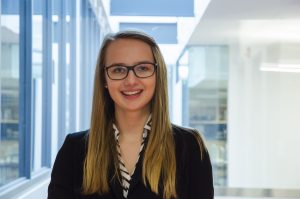Introduction
In a rapidly changing world, universities are preparing students by developing learner-centered experiential learning programs. Experiential learning (EL) courses are developed to build a foundation for undergraduate engineering students to become lifelong learners. The role of reflection is fundamental in all experiential education courses to generate learning by connecting theory to practice, deepen it by challenging learners’ thinking, and document it by producing tangible expressions of the new understandings they gain by integrating experience and disciplinary knowledge.
EL programs are successful in training students with well-defined technical and analytical skills. However, all too often, the assumption is that non-technical skills, such as reflection, are acquired automatically during a degree, which is not true. As with other areas of competence, students need to be actively taught these skills and given opportunities to develop and practice them until they can be used easily and competently.
In response to the training gap in the engineering experiential learning curriculum, a team at McMaster has created a series of online modules, in the format of this Pressbook, that focuses on the development of essential skills for success in experiential learning programs.
This “Engineering Reflection Guidebook” is intended to expand experiential learning course offerings through a series of interactive modules for students as well as instructional teams. The developed resource includes two interactive modules: one for training undergraduate students on writing a reflection based on the “What? So what? Now what?” model, and another to guide instructional teams with evaluating and providing feedback on a reflection essay. This book also provides an instructor toolkit to help teaching teams create their own reflection assignments based on the learning outcomes of their courses.
This project is made possible with funding by the Government of Ontario and through eCampusOntario’s support of the Virtual Learning Strategy. To learn more about the Virtual Learning Strategy visit: https://vls.ecampusontario.ca
Resource Development Team at McMaster University:
 |
 |
 |
 |
 |
 |
For any comments, questions, or concerns, please contact project lead, Shelir Ebrahimi via shelir.ebrahimi@mcmaster.ca
Note: Engineering Reflection Guidebook is licensed under CC BY-NC-SA license.

